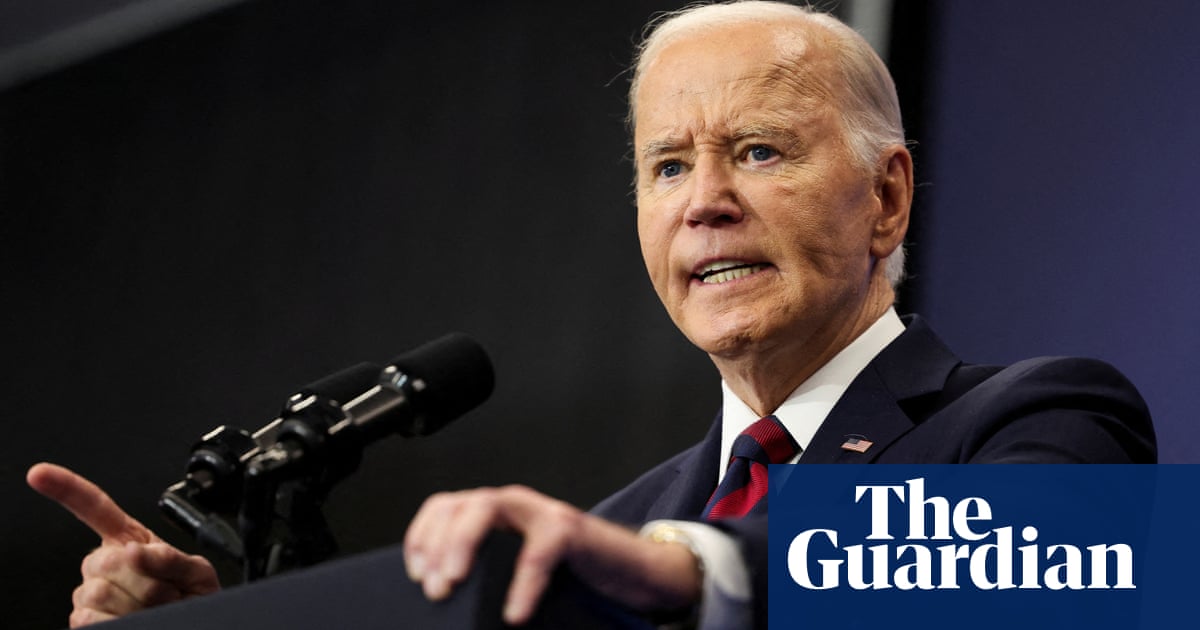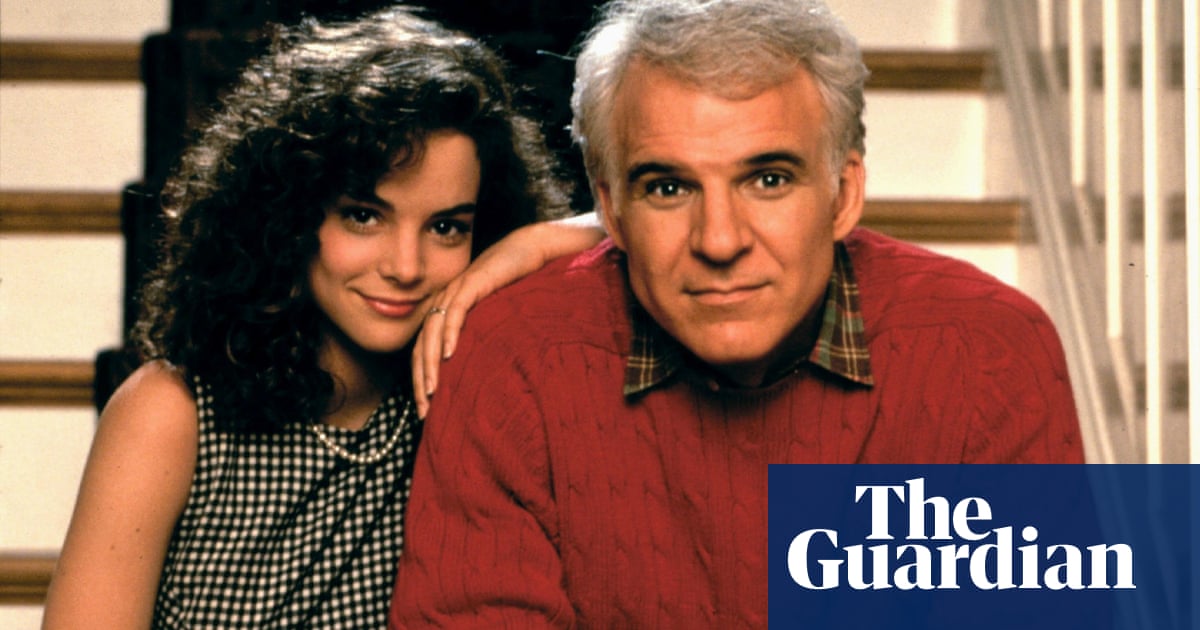
Journalists who were unlawfully spied on have ?no doubt? UK reporters are still targeted
Two investigative journalists who a tribunal ruled were unlawfully spied on by police have said that they are in ?no doubt? reporters continue to be targeted in the UK.
In a landmark judgment, the investigatory powers tribunal (IPT) found last week that the Police Service of Northern Ireland (PSNI) and the Metropolitan police unlawfully carried out covert surveillance on Belfast-based journalists Trevor Birney and Barry McCaffrey.
The case stemmed from the pair?s 2018 wrongful arrest, condemned by Northern Ireland?s top judge, after they produced No Stone Unturned, an award-winning documentary alleging collusion between police and loyalist paramilitaries in a notorious Troubles massacre.
The tribunal found that, on the same day as the pair were arrested, an unlawful direct surveillance authorisation targeting them was made and that McCaffrey had also been unlawfully spied on by the Met on behalf of the PSNI in 2012 and by the PSNI itself in 2013.
But they were not the only journalists being monitored. Disclosures to the tribunal revealed that phone records of Vincent Kearney (now at RT?) and other BBC journalists who worked on the Northern Irish Spotlight programme had been accessed.
Additionally, a PSNI report issued in response to the proceedings admitted that, over the past 14 years, it has applied for phone records of 323 Northern Ireland journalists and 500 lawyers.
Birney said: ?There is no doubt in my mind that there is a dragnet operation in place today [to find journalists?s sources]. There seems to be an endemic culture, not only in Northern Ireland but in Britain.
?Can you imagine the number of Guardian or Observer journalists over the years who?ve been ringing Scotland Yard about a story that isn?t really in their [the police?s favour]? What I suspect is that that the same thing has happened to them in order to find the sources.
?We don?t for a minute believe that this was a PSNI playbook. It?s clear to me that, as a small regional force, PSNI were relying on the expertise of the security services [who were also defendants in the claim] and Scotland Yard.?
The open judgment made ?no determination in favour of the claimants? with respect to MI5 or GCHQ.
After Kearney was identified by McCaffrey, the BBC asked MI5 whether 16 of its journalists had been under surveillance and attempted to join the IPT claim. But after the tribunal went into closed session at the MI5 lawyer?s request the panel decided the complaint would have to be heard separately.
The PSNI?s report revealing the extent to which journalists? and lawyers? communications data had been obtained, said it often involved ?the use of no covert powers at all, but simply the checking of calls made from police phones to the contact numbers made available by journalists?.
The veteran Conservative MP David Davis, who supported Birney and McCaffrey?s case, is writing to every chief constable asking them to provide the equivalent figures for their forces.
While the PSNI said it had suspended the practice during the tribunal, McCaffrey said: ?We don?t know whether the day after the judgment, the PSNI pushed the button on all that surveillance again ? that?s scary.
skip past newsletter promotion Sign up to First Edition Free daily newsletter Our morning email breaks down the key stories of the day, telling you what?s happening and why it matters Enter your email address Sign up Privacy Notice: Newsletters may contain info about charities, online ads, and content funded by outside parties. For more information see our Newsletters may contain info about charities, online ads, and content funded by outside parties. For more information see our Privacy Policy . We use Google reCaptcha to protect our website and the Google Privacy Policy and Terms of Service apply. after newsletter promotion
?We suspect that when the PSNI want to go after our comms data, they call in the Met because they know that the policing board here can?t hold the Met to account because they haven?t got the authority. And we think that?s probably a long-term strategy of lots of police forces.?
His and Birney?s victory at the IPT was a rare one, with only 1% of successful cases since its formation. So, despite their victory, they question its willingness to protect journalists.
The reporters only found out last year, almost four years after filing a complaint with the IPT, that, without their knowledge, the tribunal had been holding secret investigatory sessions with PSNI, MI5 and GCHQ.
?We have no idea what was said so there is no way to know the full picture,? said Birney. ?We?ve been allowed to look through the letterbox of a very dark house, and all we?ve been allowed to see is what?s in immediate view. The house remains dark and that?s what we?ve got to illuminate and what a public inquiry would do.?
The Met said it ?continues to follow the latest codes of practice around the use of Ripa [Regulation of Investigatory Powers Act] in a responsible and lawful manner?.
MI5 declined to comment.






